Extending the lifespan of your feline companion is a noble pursuit that requires dedication and proactive care. Cats, beloved members of our families, deserve the best possible life we can provide them. While genetics certainly play a role in determining a cat’s lifespan, there are numerous steps cat owners can take to greatly enhance their furry friend’s longevity.
From proper nutrition to environmental enrichment, here are five essential strategies to help your cat live a long and healthy life.
1. Diet
First and foremost, a balanced and nutritious diet is foundational to a cat’s health and longevity. Just like humans, cats require a well-rounded diet consisting of essential nutrients to thrive. Commercially available cat foods that are specifically formulated to meet the nutritional needs of cats at different life stages are typically the best option. These foods are designed to provide the right balance of protein, carbohydrates, fats, vitamins, and minerals necessary for optimal health.
When selecting cat food, it’s important to consider factors such as your cat’s age, size, activity level, and any specific health concerns they may have. Kittens, adult cats, and senior cats all have unique nutritional requirements, so be sure to choose a food that is appropriate for your cat’s life stage. Additionally, avoid feeding your cat table scraps or foods that are toxic to them, such as chocolate, onions, garlic, and grapes. Here are some good food choices for kitty.
2. Veterinary Care
In addition to providing proper nutrition, regular veterinary care is essential for extending your cat’s lifespan. Annual check-ups with a veterinarian allow for the early detection and treatment of any potential health issues, helping to prevent them from developing into more serious problems. During these visits, your veterinarian can administer vaccinations, perform wellness exams, and provide guidance on preventive care measures.
Parasite prevention is another important aspect of veterinary care that can significantly impact your cat’s lifespan. Fleas, ticks, and intestinal parasites not only cause discomfort for your cat but can also transmit diseases that may be life-threatening if left untreated. Your veterinarian can recommend safe and effective parasite prevention products and establish a schedule for regular treatments.
Dental care is yet another critical component of veterinary care that is often overlooked by cat owners. Dental disease is common among cats and can lead to serious health problems, including tooth loss, gum disease, and bacterial infections that can affect other organs in the body. Regular dental cleanings and at-home dental care, such as brushing your cat’s teeth or providing dental treats, can help prevent dental issues and promote your cat’s overall health and longevity.
3. Environment
In addition to proper nutrition and veterinary care, providing a stimulating and enriching environment for your cat can greatly contribute to their longevity. Cats are intelligent and curious creatures that thrive on mental and physical stimulation. Enriching your cat’s environment with toys, scratching posts, perches, and safe outdoor spaces (if applicable) can help satisfy their natural instincts and keep them mentally and physically active.
Interactive playtime with your cat is also crucial for their well-being. Spending quality time engaging in play activities not only strengthens your bond with your cat but also provides important physical and mental stimulation. Be sure to rotate your cat’s toys regularly to keep them engaged and interested, and consider introducing puzzle feeders or food-dispensing toys to provide mental enrichment during meal times.
4. Weight Management
Another important factor in extending your cat’s lifespan is maintaining a healthy weight. Obesity is a common problem among cats and can lead to a myriad of health issues, including diabetes, arthritis, and heart disease. Monitoring your cat’s weight regularly and adjusting their diet and exercise routine as needed can help prevent weight gain and promote a longer, healthier life.
To help your cat maintain a healthy weight, provide portion-controlled meals and avoid free-feeding, which can lead to overeating. Encourage regular exercise by engaging in play sessions with your cat and providing opportunities for them to climb, jump, and explore their environment. If your cat is already overweight, work with your veterinarian to develop a safe and effective weight loss plan tailored to your cat’s individual needs.
5. Stress
Lastly, providing a safe and stress-free environment for your cat is essential for their overall well-being and longevity. Cats are sensitive creatures that can easily become stressed by changes in their environment or routine. Minimize stressors in your cat’s life by providing a stable and predictable environment, free from loud noises, aggressive pets, or other sources of anxiety. Here are some stress signs to watch for.
Ensure your cat has a quiet and comfortable place to retreat to when they need a break from the hustle and bustle of daily life, and consider using pheromone diffusers or calming supplements to help reduce stress and anxiety. Additionally, be mindful of any major life changes, such as moving to a new home or introducing a new pet, and take steps to make the transition as smooth as possible for your cat.
SUMMARY
Extending your cat’s lifespan requires a multi-faceted approach that includes proper nutrition, regular veterinary care, environmental enrichment, weight management, and stress reduction. By taking proactive steps to address these aspects of your cat’s life, you can greatly enhance their quality of life and enjoy many happy and healthy years together. Remember, every cat is unique, so be sure to tailor your approach to meet the specific needs of your feline companion. With love, care, and attention to their well-being, you can help your cat live a long, happy, and healthy life.
PS – Be sure to read more on an exciting new scientific breakthrough ushers in the possibility that we cat owners might be able to double the time we enjoy with our furry feline friends. Imagine your cat living to be 30 years old! Learn more.


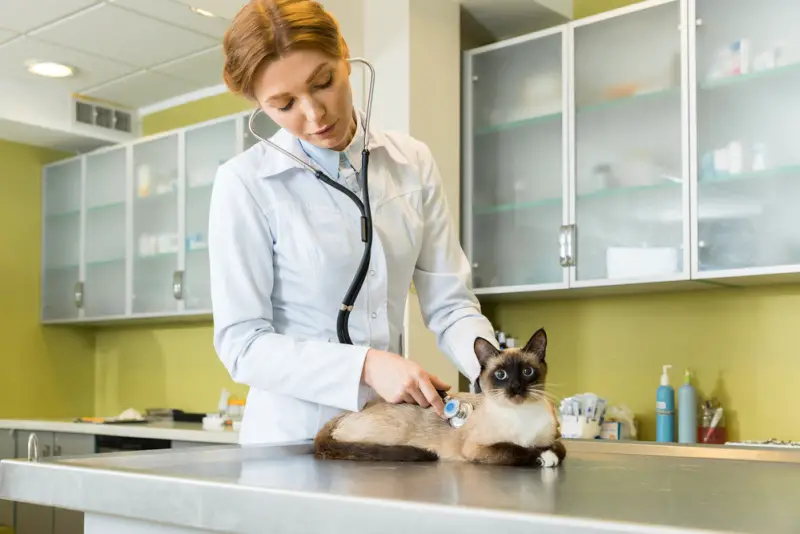
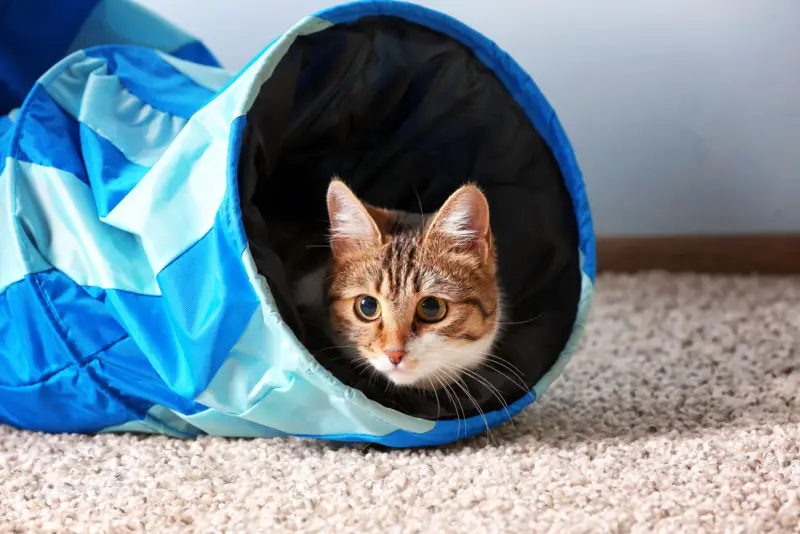
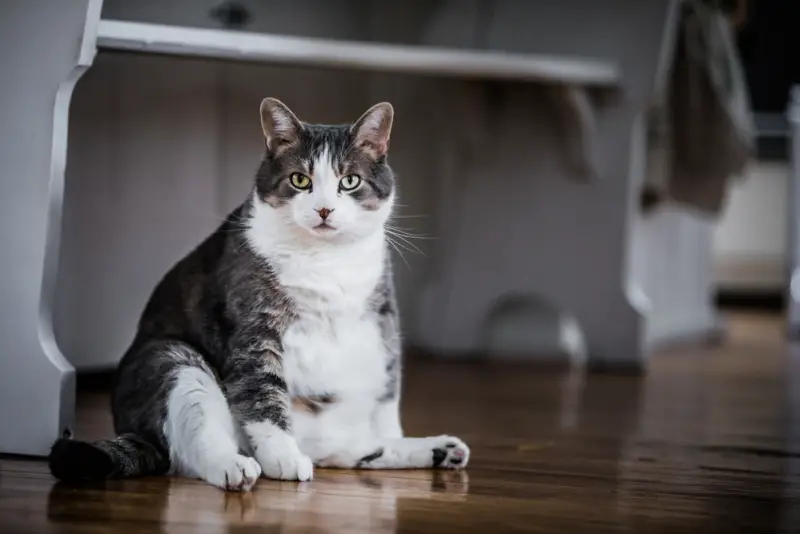
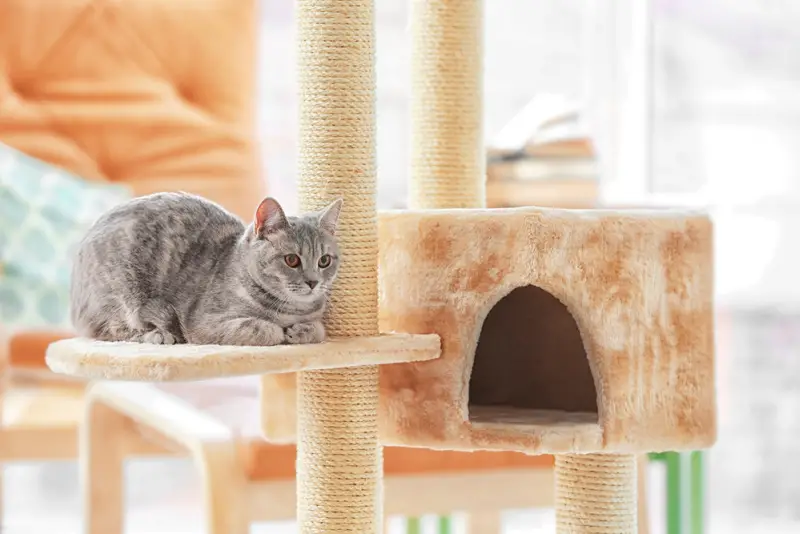
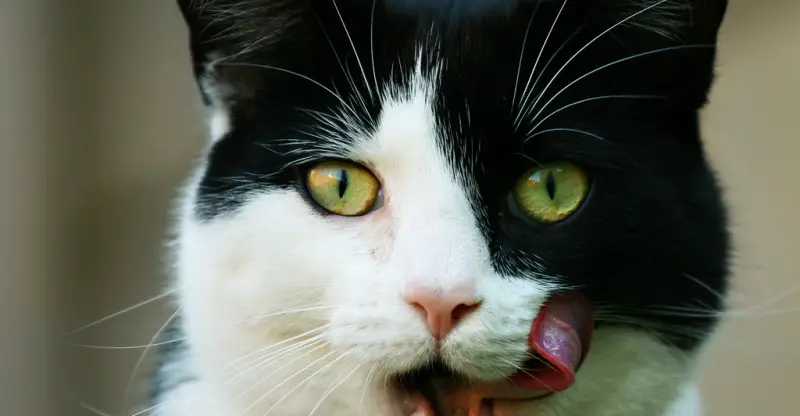
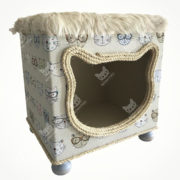
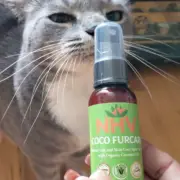

No Responses